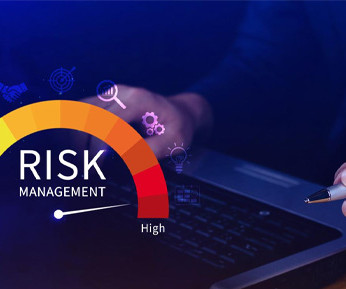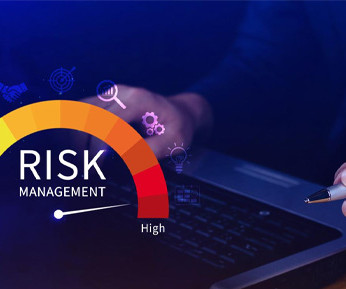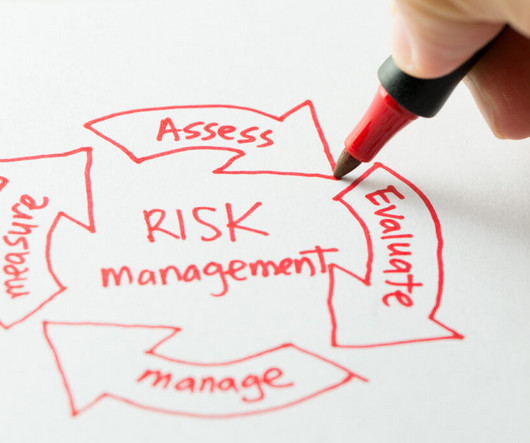How to Conduct a Risk Assessment for Your Disaster Recovery Playbook
VISTA InfoSec
DECEMBER 2, 2024
Risk management is at the heart of any effective disaster recovery (DR) plan or playbook. No business is immune to disruptions, whether from natural disasters, cyberattacks, or technical failures. Risk assessments, in particular, serve as a roadmap for navigating potential disruptions.



















Let's personalize your content